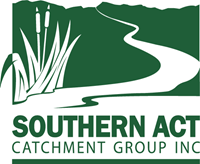SACTCG Waterwatch group profile
We are an environmentally conscious college and to show that we care about our environment we have established a sustainability team this year for the first time in Lake Tuggeranong College history. The new R unit team is called “Sustainability in the Community” comprising of students who are interested in doing environmentally sustainable projects/activities, within our school and the wider community. All of what we do is purely voluntary and we hope we can contribute to the wider community our skills and knowledge in saving our beautiful environment from harm and sustain it for future generations to enjoy.
We would like to showcase some of the activities we have been involved in during the year!
1. WATER TESTING AND MONITORING OF LAKE TUGGERANONG
We teamed up with Martin Lind from Waterwatch, Southern ACT Catchment Group, who showed us how to conduct testing and monitor specific sites around Lake Tuggeranong.
Every month we carried out chemical tests for these three sites. Students collected samples of water and returned back into the lab to complete the chemical tests. Their monthly results were entered into a large database online for the Southern ACT Catchment Group. Such data are accessed and utilised by scientific researchers and Government bodies in making crucial decisions about the local environment.
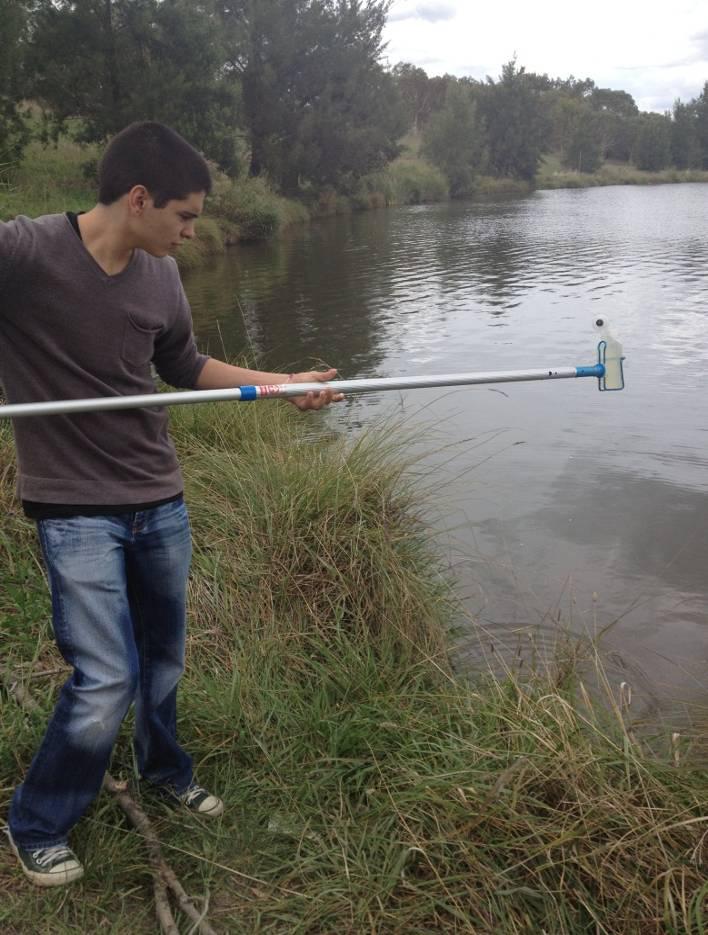

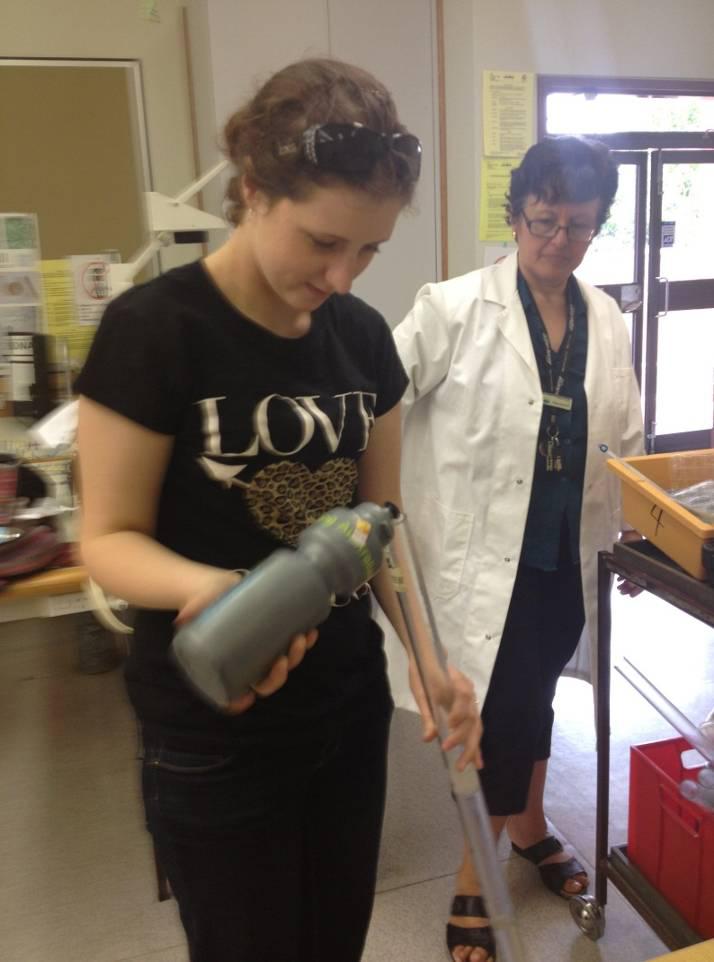
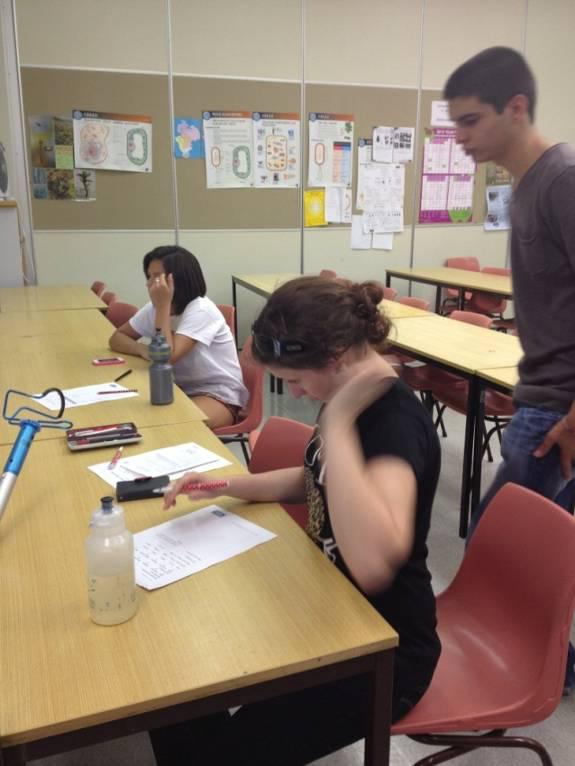
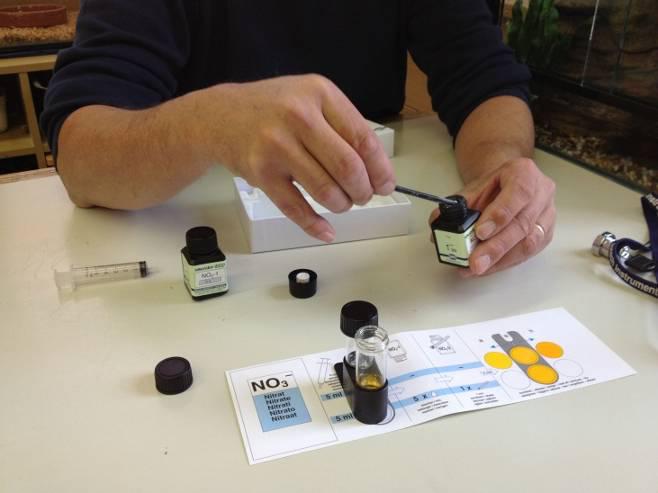
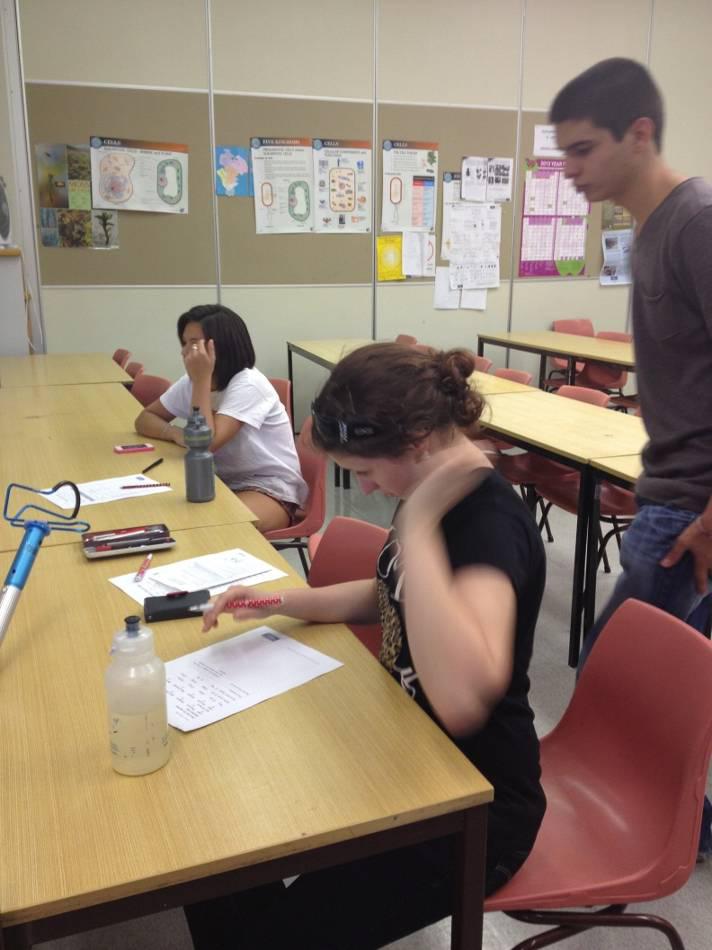
Students are Rhonda, Andre and Jasmin
2. KEEPING GREEN AND GOLDEN BELL FROGS FOR A SEMESTER
The Sustainability team have been lucky enough to look after two Green and Golden bell frogs (now extinct in the ACT) for terms two and three this year. These frogs come from Frog Watch ACT and go around visiting a number of schools throughout the year. When coming to us they couldn’t go without being named and this is why they got the names Prickles and Jeremiah.
During our time with the frogs we had many visitors to the class room just to see what is going on learn from them and to watch feeding time. Every Monday and Thursday they were feed with two crickets each. We didn’t only have to look after the frogs but the crickets too, so that the frogs still had food for the time that we had them. Sadly after two terms we had to say goodbye and send them to another school. Hopefully they will come back in the future as we all miss them. Luckily during term four we had tadpoles to watch them grow and this took up lots of our time as well.
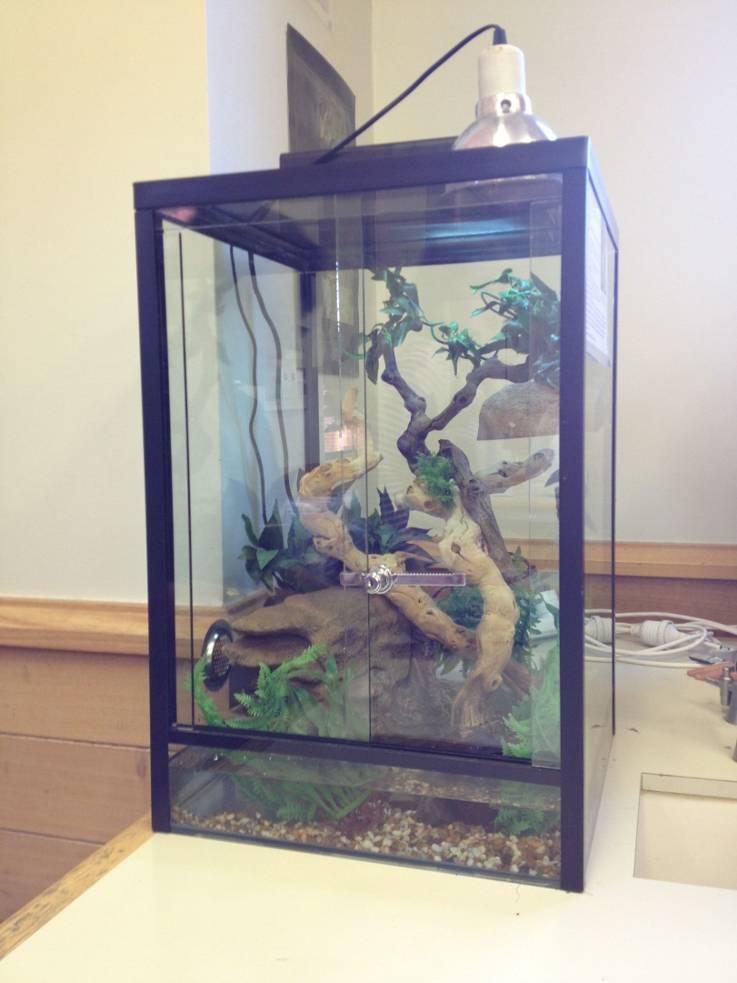
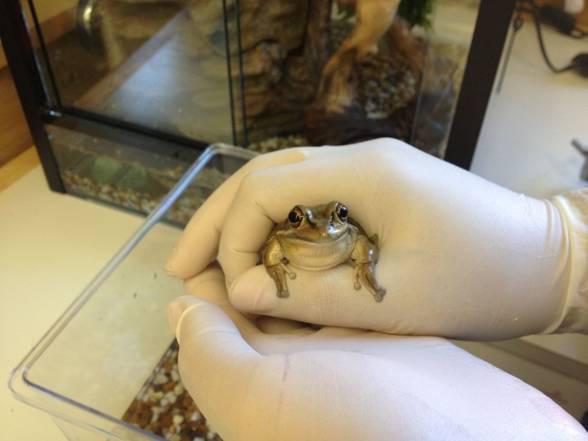
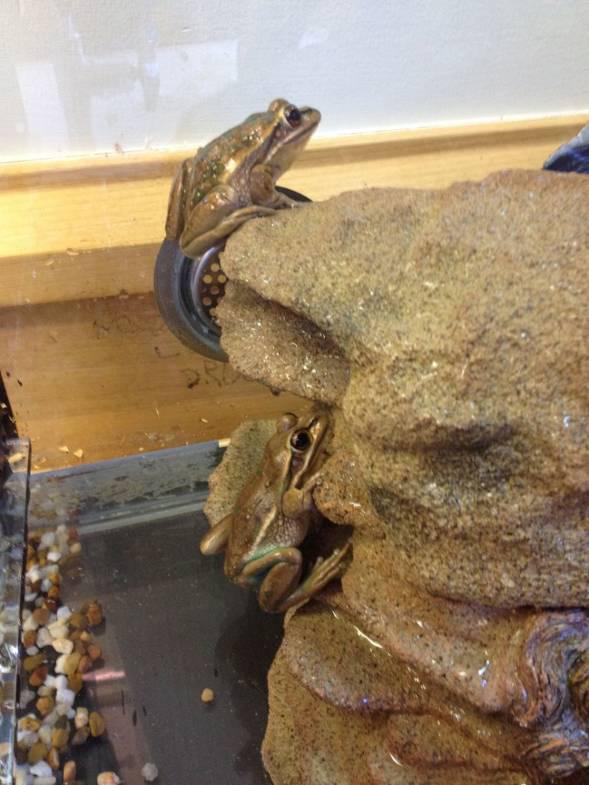
3. URBAN GRAFFITI OR DRAIN STENCILLING
In order to inform the public of what goes down a street drain we stencilled a number of drains near our college with some cool stencils. They basically let the public know that what goes down a storm water drain is different to that in household drains. Eventually such pollution will end up in lakes and rivers where living things exist and of course it will harm their habitat. Let’s hope they prevent deliberate urban pollution such as cigarette butts, organic wastes and fast food packaging ending up in Lake Tuggeranong.
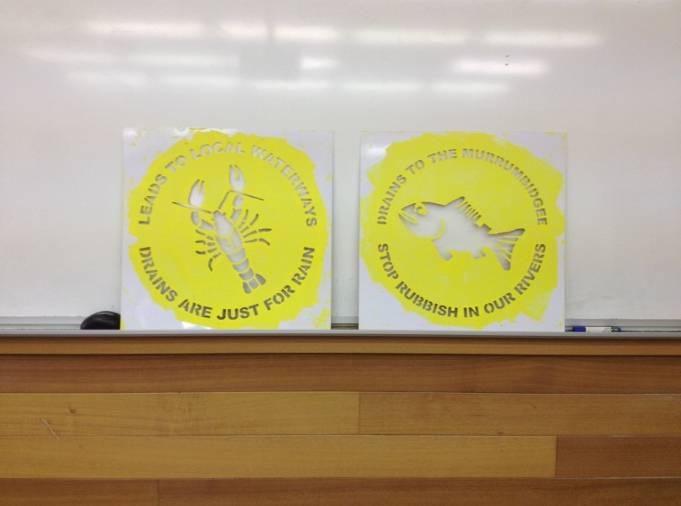
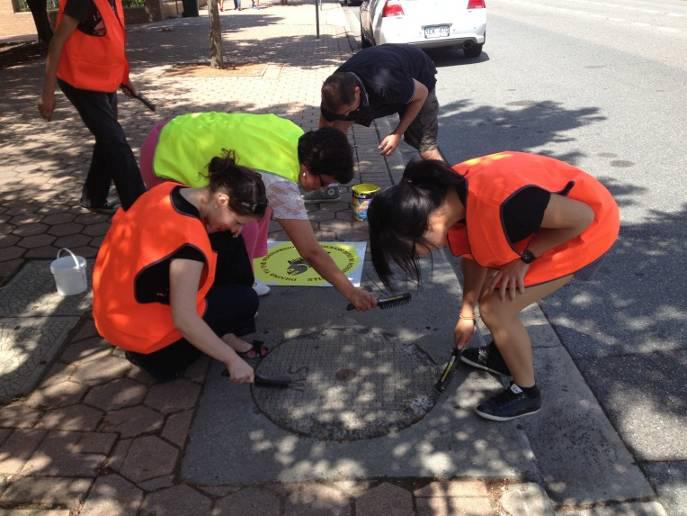
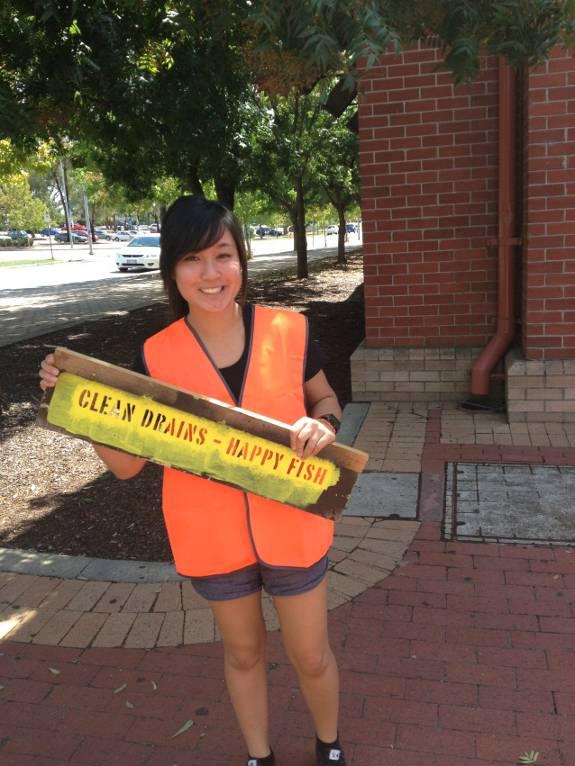
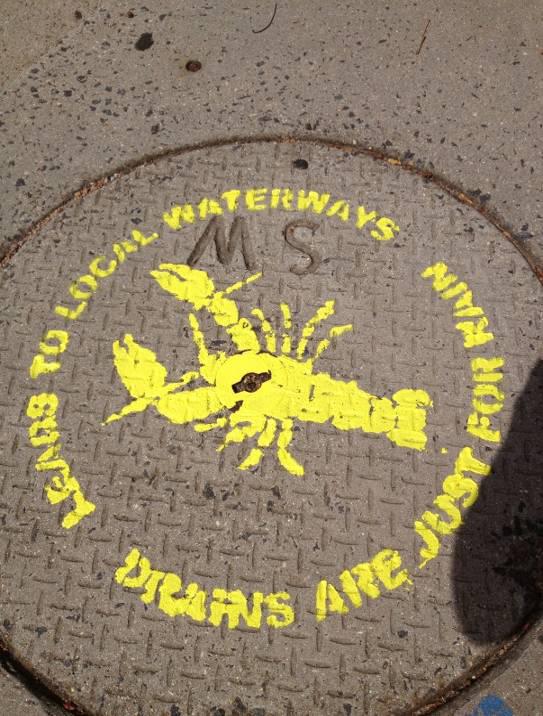
4. EXCURSIONS TO LOCAL WILDLIFE HABITATS
We do a lot of volunteering for the community such as platypus monitoring and frogwatch monitoring and census data collection. In order to carry out such important tasks we work with local rangers and wildlife officers to learn more about the animals we monitor such as the platypus. On this day we went with Martin Lind (Waterwatch – southern ACT catchment group) to Tidbinbilla nature reserve to observe platypus behaviour in their wetland ponds. What a great day we had, and the platypus were out of course foraging for food.
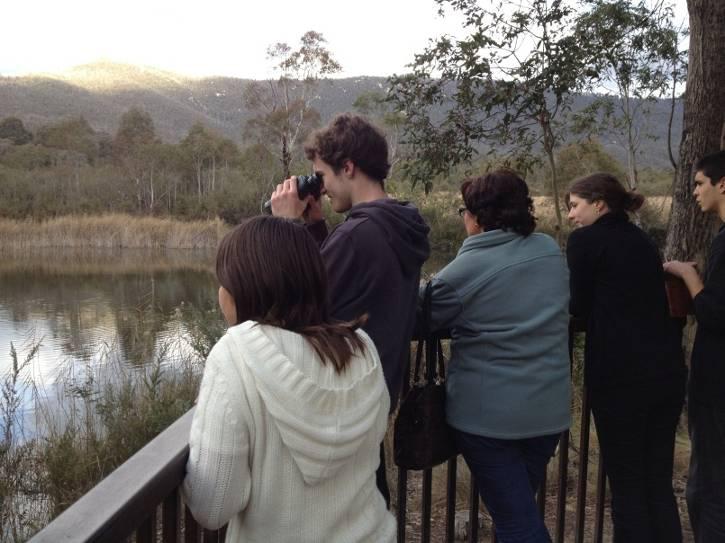
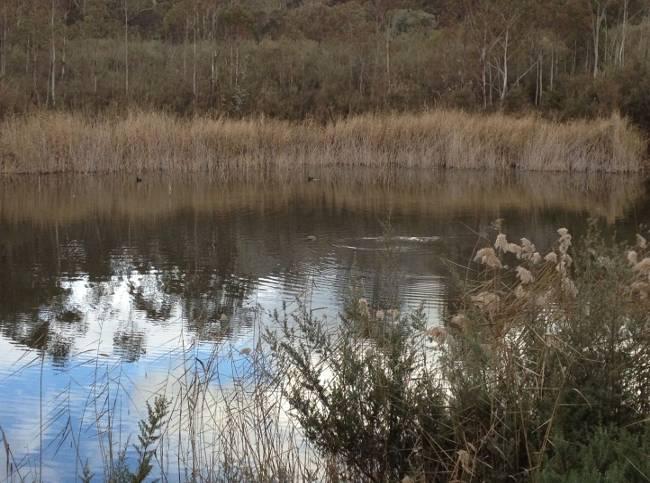
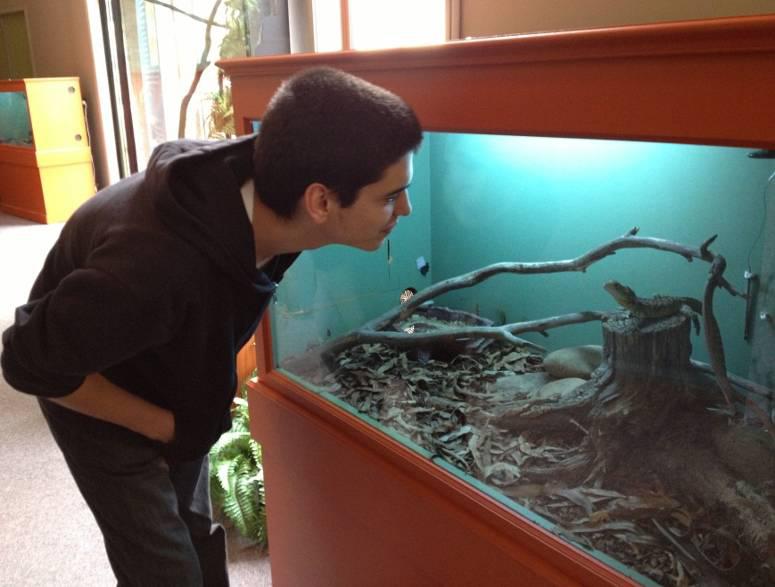
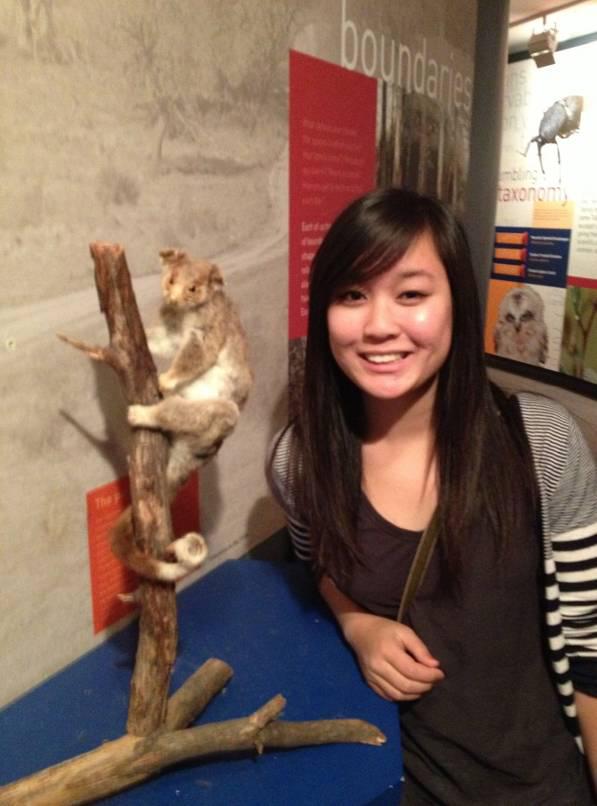
5. MENTORING LOCAL PRIMARY SCHOOL STUDENTS
As a part of the ‘Centenary 2020 Vision: Imagining a Sustainable Canberra’ project, two students from Lake Tuggeranong College volunteered to mentor Year 2 students at Wanniassa Hills Primary School primarily on water conversation, as well as other environmental topics. They were to assist the kids in creating a one-page proposal to submit to the project, which will be presented at the Parliament of Youth on Sustainability at the end of the year. The two were trained at a mentoring program earlier in the year, which taught them basic skills on how to become a good mentor. Once a week, the mentors head over to WHPS and help the environmental teacher run sessions. These lessons built up the kids’ knowledge on water and the problems we face with it, and furthermore what can be done to fix or prevent these problems.
We looked at the water cycle; important of water; wastage and how to reduce consumption; water bugs and the importance of these insects; water indicator species; pollution and contamination of waterways and water sources. In order to inform the kids in an engaging and simple way, we used various activities and games.
Other things we did with the kids include gardening and maintenance of the vegie garden and green house (planting seeds, watering and making compost), looking after rats and stick insects.
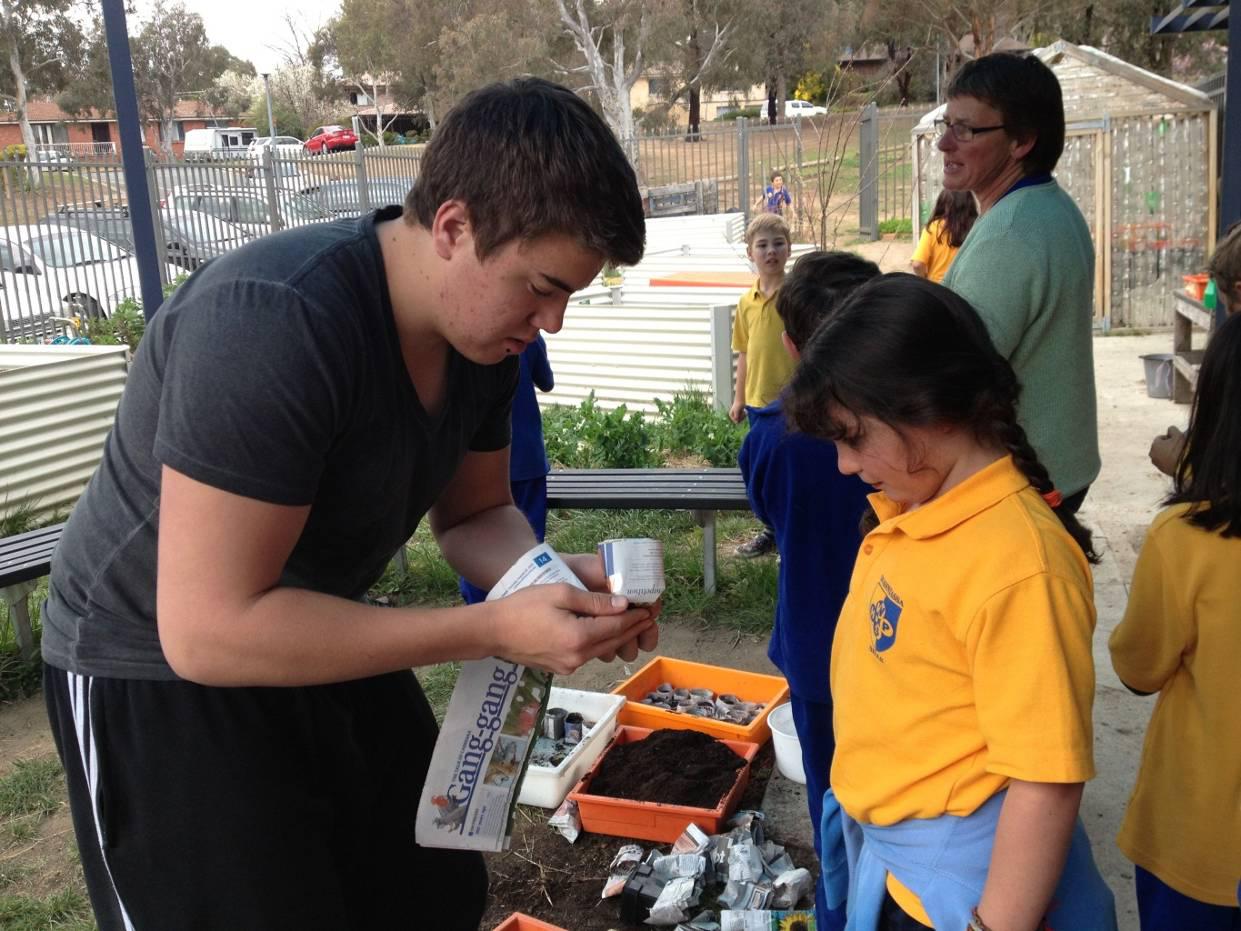

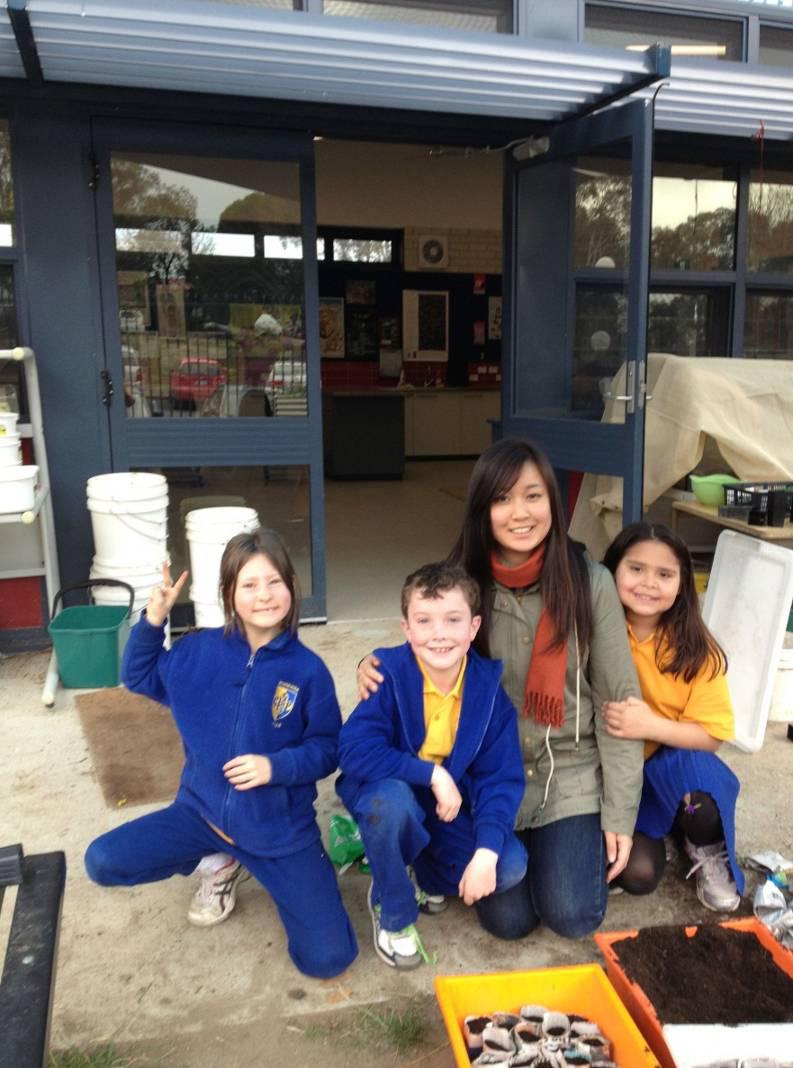
6. TROLLEY CLEAN UP AND LAKE TUGGERANONG CLEAN UP
The sustainability group is a fun group to be a part of; such as on the eighth of August when the sustainability group, our leader Nikey, and Martin from Waterwatch went out and pulled trolleys from the lake. It was a great day out where we managed to pull out eleven trolleys from the lake. After we pulled the trolleys out we left them on the stage outside McDonalds and were pleased to find that by the end of the next day they were all gone courtesy of Trolleytracker.
Another clean up that was done was on the twenty-fifth of September where twelve students from our college and six from Wanniassa high school cleaned up around the lake; removing about the equivalent of three full, one metre long bags of rubbish and one trolley from the lake. This was organized by Waterwatch and was visited by our principal, Julie Murkins and the vice principal of the Tuggeranong community council (Glenys P) in a kind bid to support our efforts. After this clean up students enjoyed cool drinks afterwards. Being a part of the sustainability team is great as you get to learn lots and have fun whilst helping the environment.
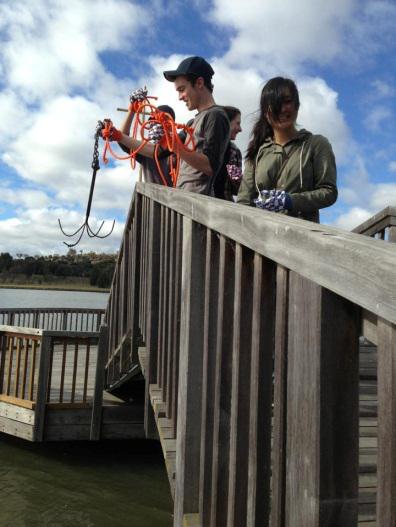
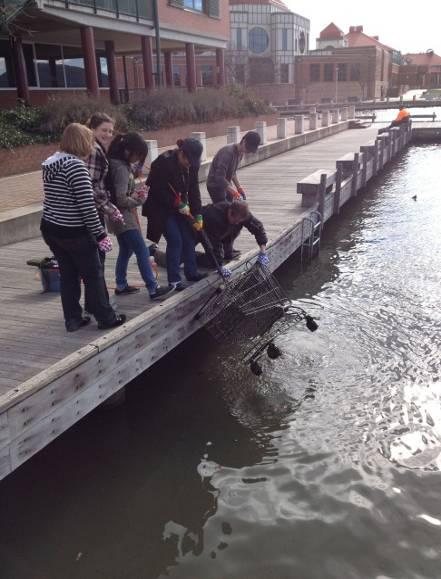
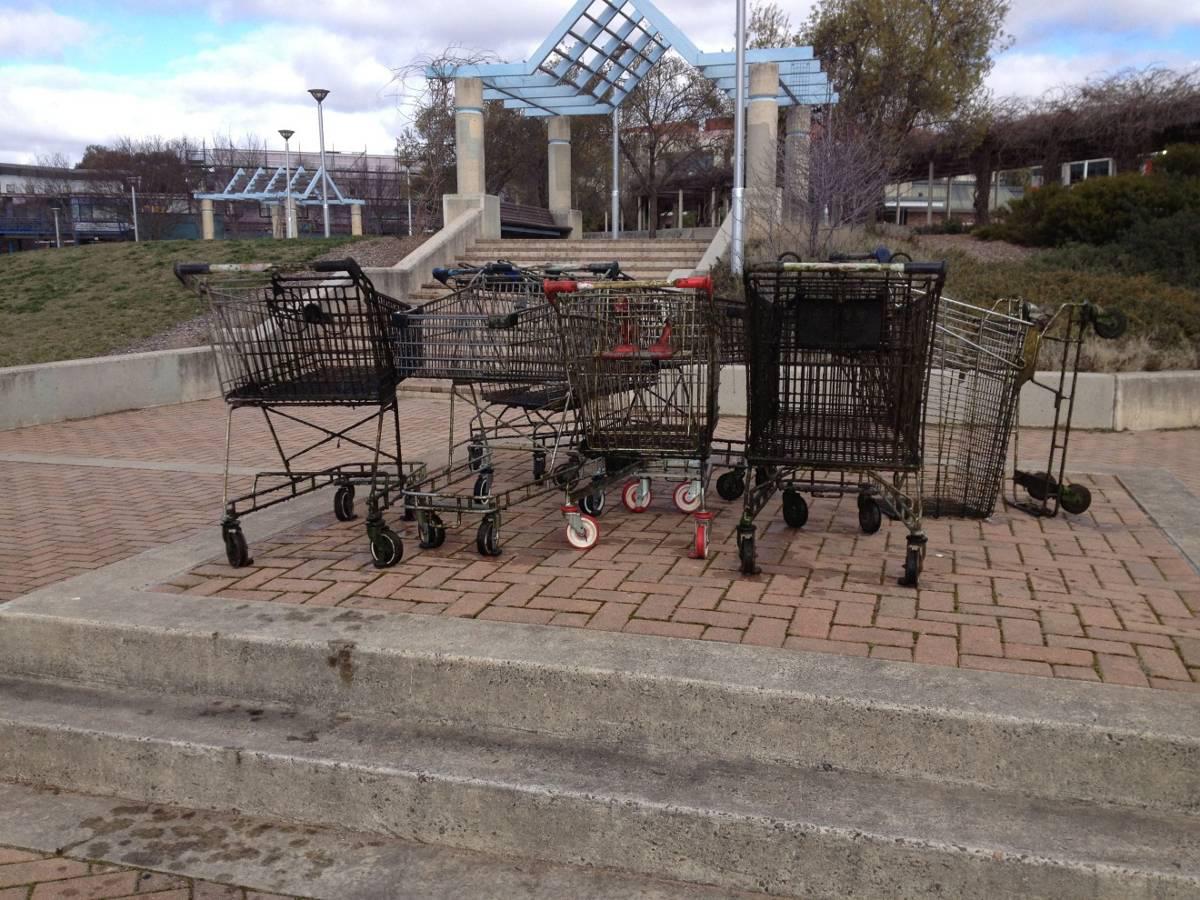
SEPTEMBER 25, 2013 END OF TERM 3 – LAKE TUGGERANONG LAKE CLEAN UP
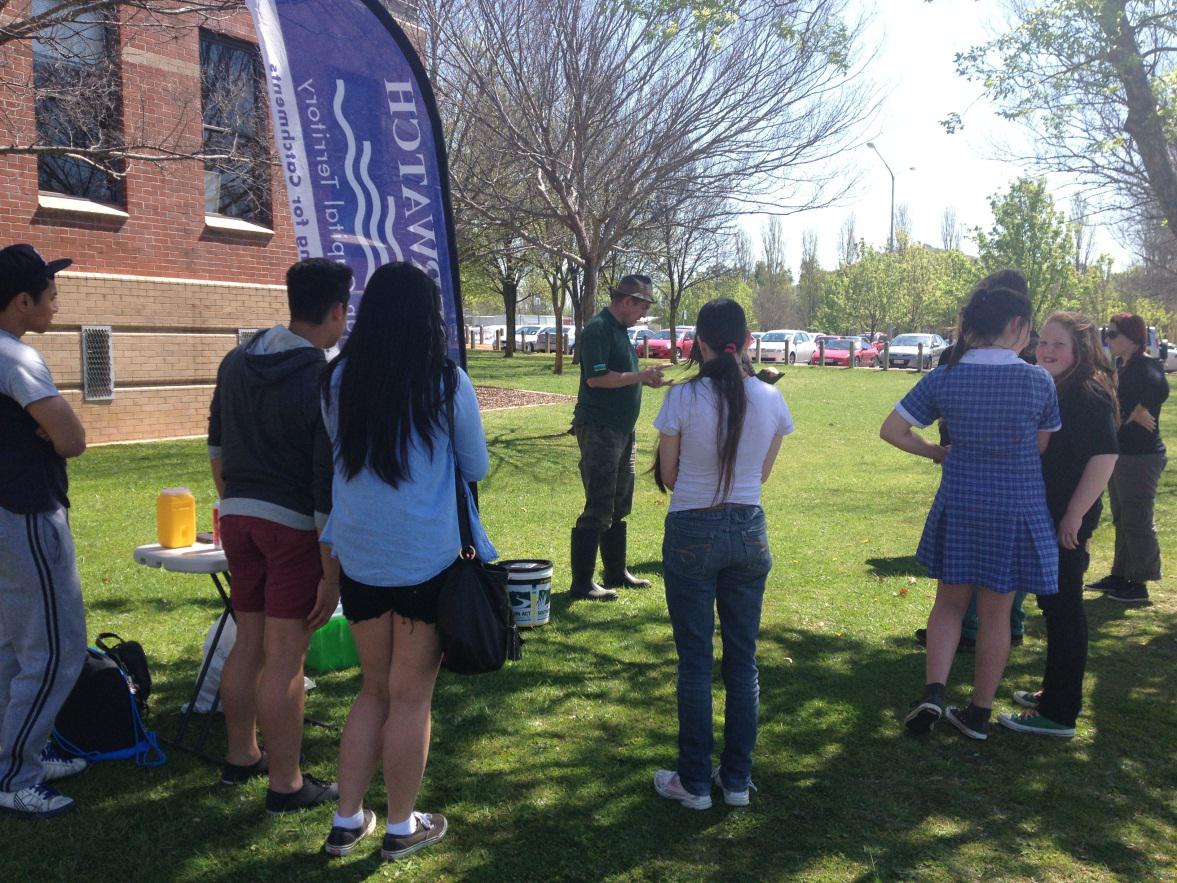
FROGWATCH – FROG CENSUS 2013
During October the local frog population comes out of hiding and the male frogs start to call upon their female counterparts to impress them and ….. As volunteers for environmental projects the sustainability students were out in force collecting data for this massive exercise. For one week during October 21 to October 25 we went out at dusk with our torches, sound recording machines and clipboards to gather data from 4 different locations in the Tuggeranong Valley. The data collected is sent to “Frogwatch” which they utilise for monitoring and research purposes. Frog numbers and types are an excellent indicator of environmental health. Here are a few photos of the experience.
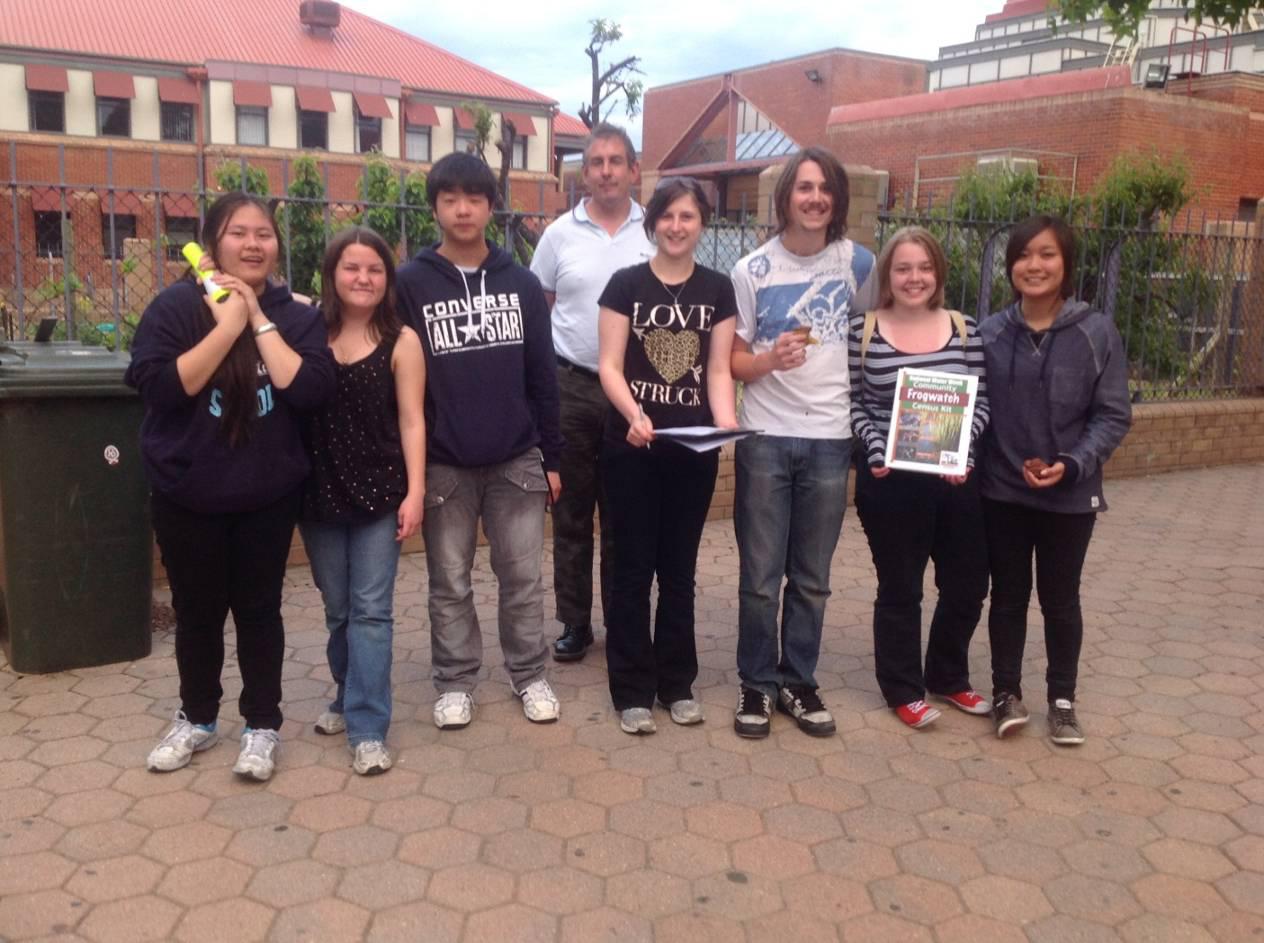
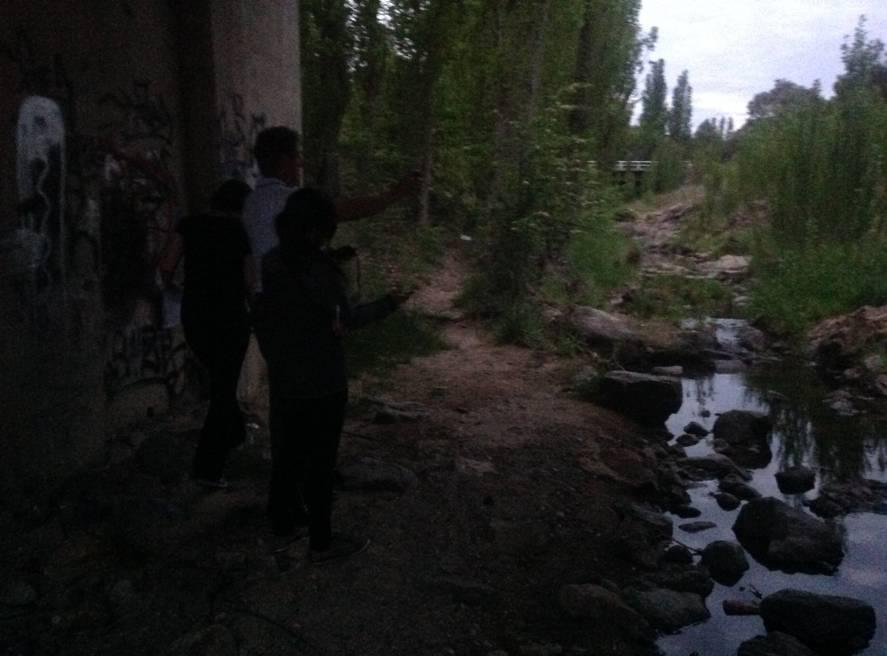
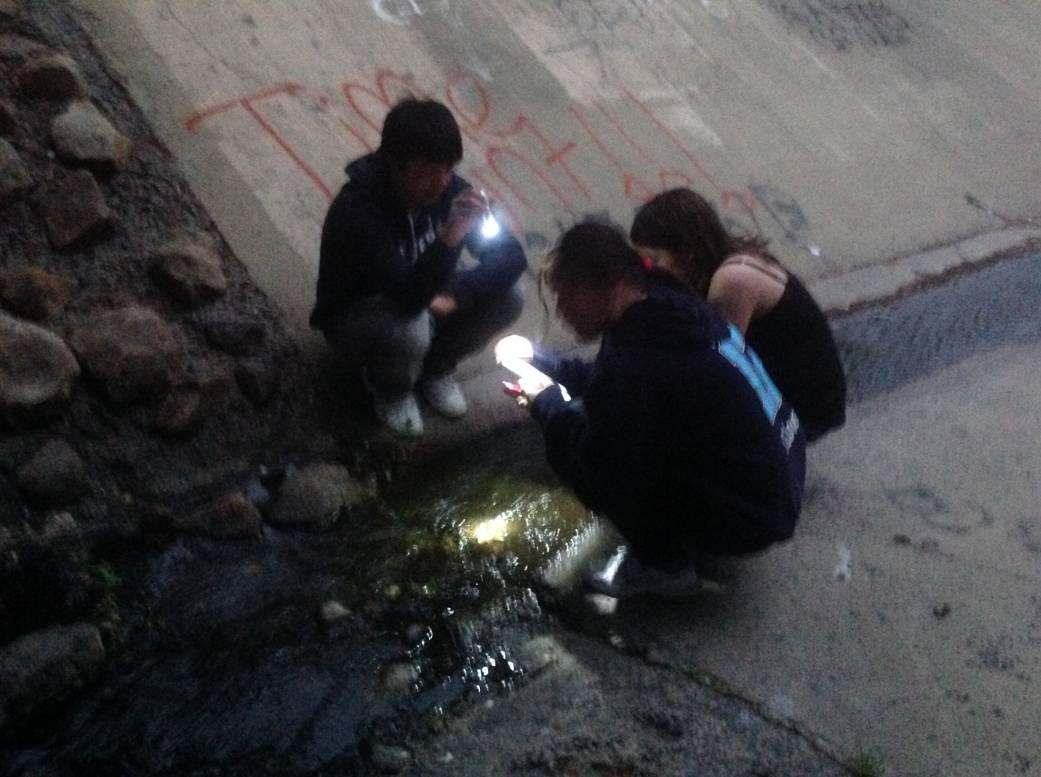
We also built a frog friendly environment for our college outside of Pavilion 6 to encourage local species to set up house within our school. We have been learning lots about different kinds of frogs and how they contribute to the ecosystem as well as indicating the health of the environment. Anke Maria from Frogwatch was our inspiration and driving force in in this area. We would like to thank her for all her efforts and support towards our team.
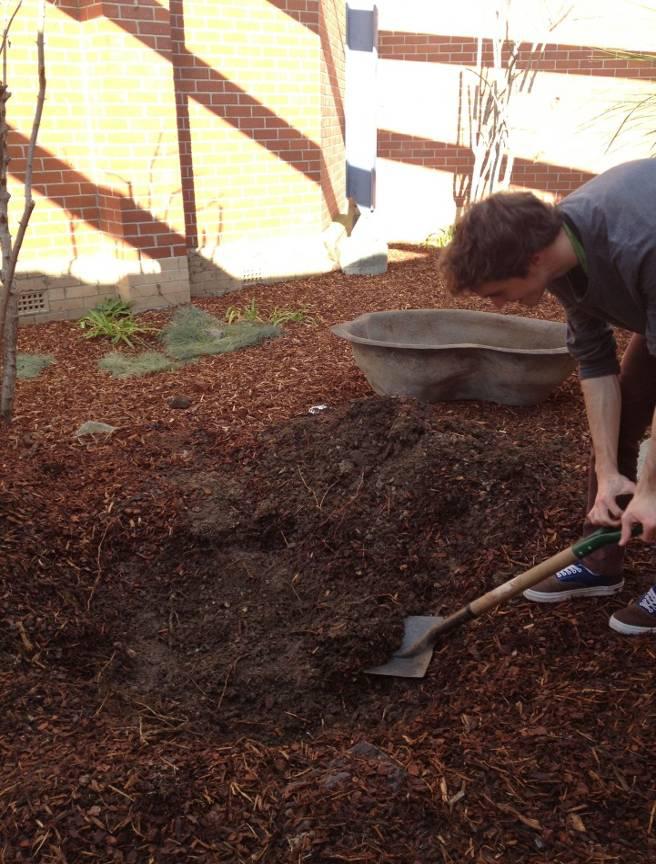
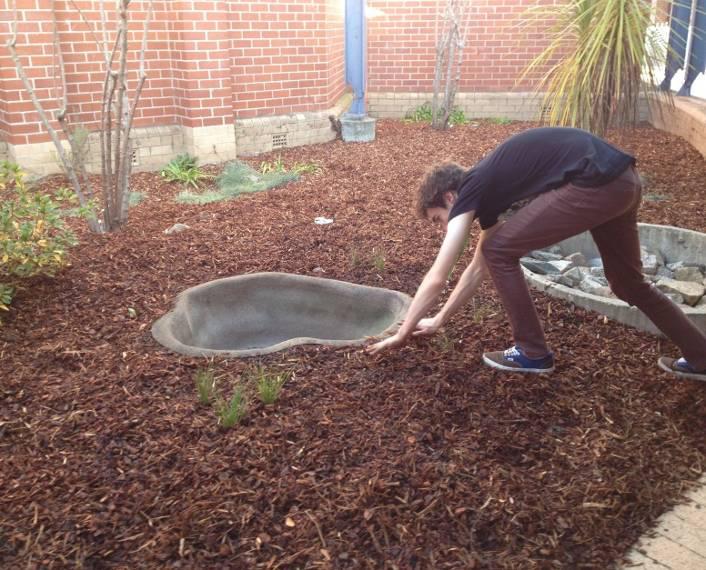
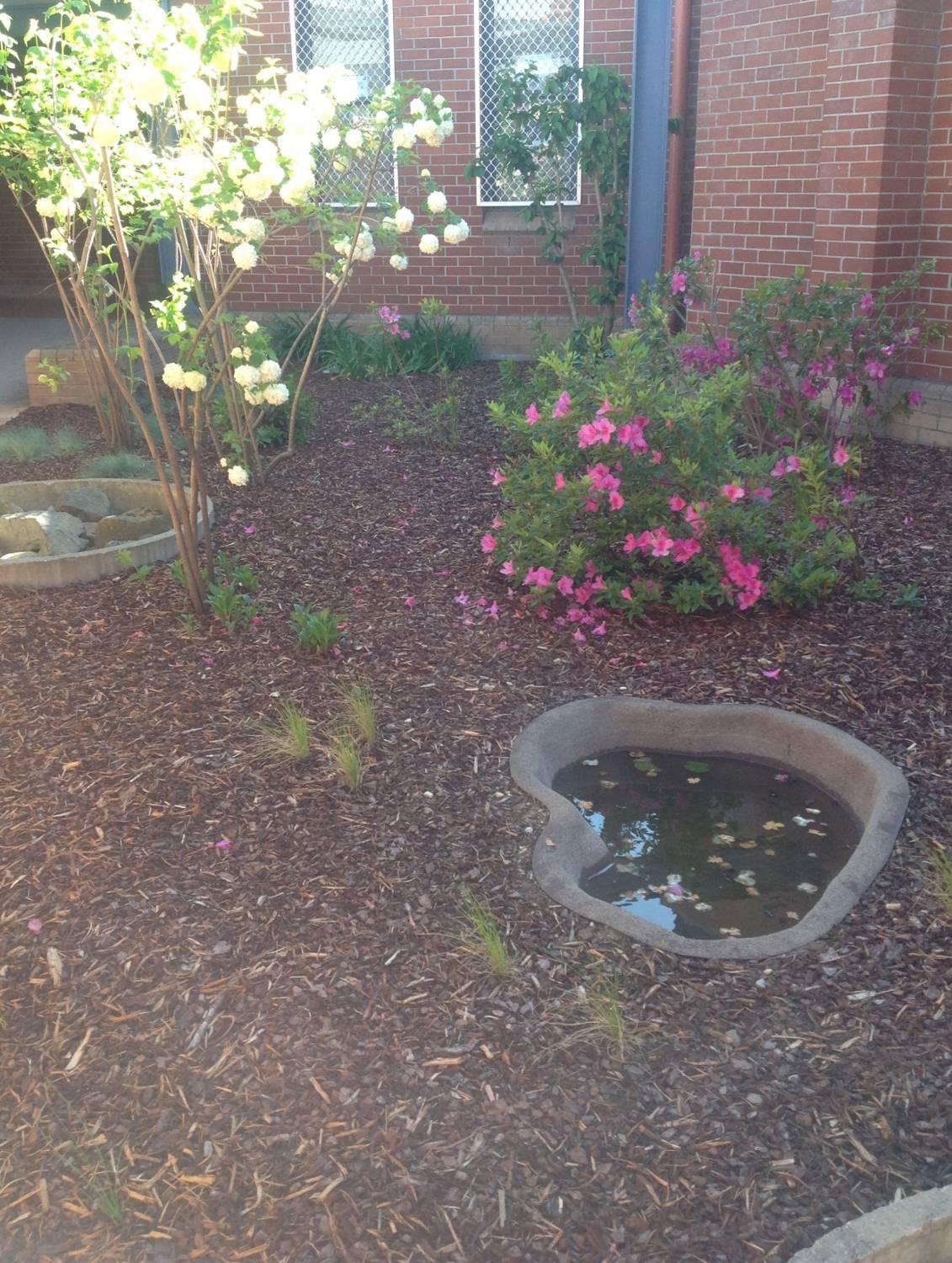
What a beautiful environment for not just the frogs but for all to enjoy!!!!!!!!!!
FISHING FOR CARP AT LAKE TUGGERANONG
Carp is an introduced species into Lake Tuggeranong and it does environmental damage to the lake as it forages for food by disturbing the lake beds etc.
We went fishing to capture and remove this species from the lake with Martin Lind from Waterwatch southern ACT catchment group. We were also interested in capturing native species and of course releasing them as part of our monitoring of local fish populations within the waterways.
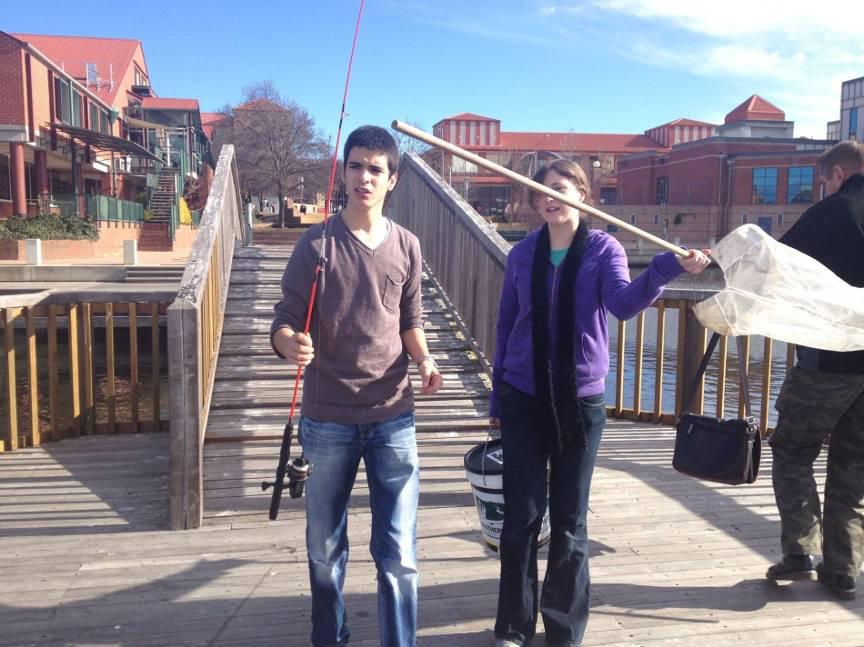
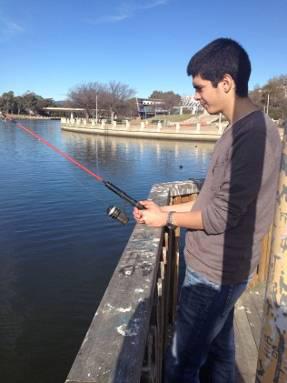
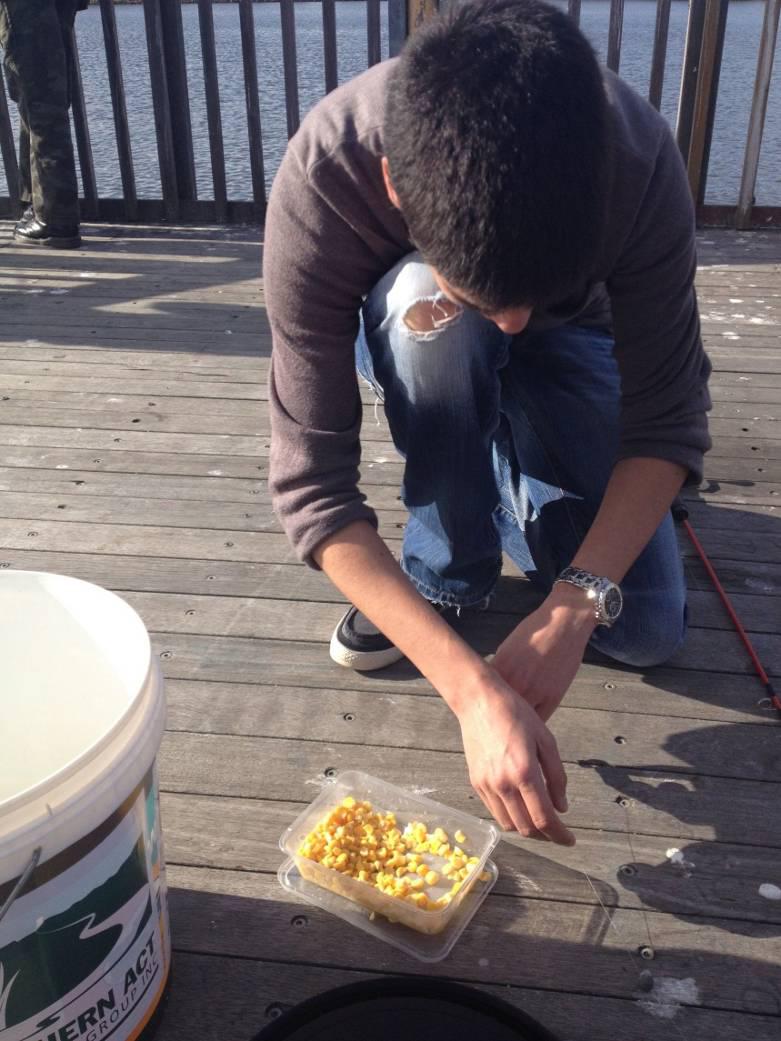
SUSTAINABILITY TEAM STUDENTS :- Rhonda Offler, Andre Bruno, Davina Savangsaengouthay, Daniel Fox, Shayleigh Richards, Sabrina Doellie, Judy Prasmomsouk, Dylan James, Jasmin
NIKEY MYLORDI (teacher-coordinator of unit)
If you are interested in finding out more about any of our Waterwatch activities please contact Martin Lind on 6296 6400 or email waterwatch@sactcg.org.au.
